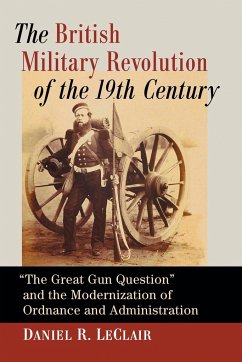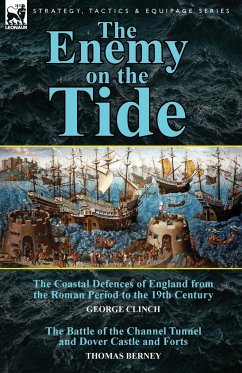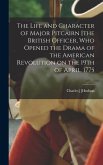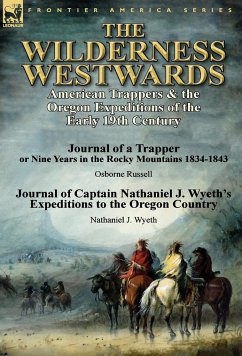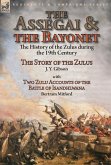From the Crimean War through the Second Boer War, the British Empire sought to solve the "Great Gun Question"--to harness improvements to ordnance, small arms, explosives and mechanization made possible by the Industrial Revolution. The British public played a surprising but overlooked role, offering myriad suggestions for improvements to the civilian-led War Office. Meanwhile, politicians and army leaders argued over control of the country's ground forces in a decades-long struggle that did not end until reforms of 1904 put the military under the Secretary of State for War. Following the debate in the press, voters put pressure on both Parliament and the War Office to modernize ordnance and military administration. The "Great Gun Question" was as much about weaponry as about who ultimately controlled military power. Drawing on ordnance committee records and contemporary news reports, this book fills a gap in the history of British military technology and army modernization prior to World War I.
Hinweis: Dieser Artikel kann nur an eine deutsche Lieferadresse ausgeliefert werden.
Hinweis: Dieser Artikel kann nur an eine deutsche Lieferadresse ausgeliefert werden.

